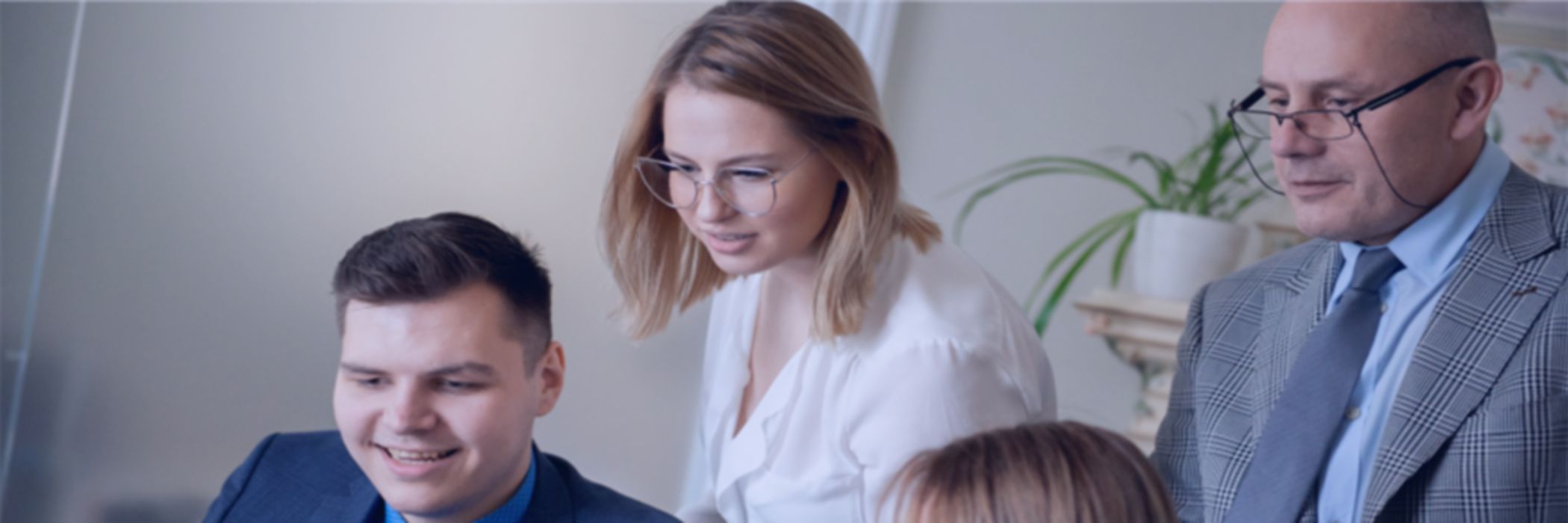The opportunity to carry on the family’s legacy is one of the unique competitive advantages of family businesses. It is evidence of the value that the family has contributed to the business over multiple generations. And the impact that it has on the cohesiveness of the family and the endurance of the business is difficult to replicate.
While the legacy that is left for future generations is generally welcomed and accepted as a gift, the obligation to carry it forward is not a responsibility that can be accepted lightly, especially by younger generations.
Passing on more than what you receive
KPMG Private Enterprise and the STEP Project Global Consortium recently collaborated on a global research project to understand the impact that changing demographics may be having on family business practices. In addition to a comprehensive survey, the research included personal interviews with family business leaders across the world. When we invited them to share their views on the value of family business legacies, we heard a recurring theme: legacy, they said, is one of the most vital family and business assets. It is the bedrock that supports the business as well as the family’s reputation and sense of purpose. And while it’s a precious gift to bestow on each succeeding generation, it’s also one that comes with important responsibilities that next-generation family members have to be thoroughly prepared to accept.
As the leader of a major telecom and infrastructure company in Brazil has pointed out, “The legacy that our founder left to the family is enduring, and while the business itself will change, the culture should last forever. The family has an important responsibility to make sure that the principles and values continue to be the driving forces behind the company’s strategic direction. We work very hard to keep an emotional attachment in place and to help the members of each generation understand that ownership is their responsibility but preserving the legacy and taking it forward is a requirement that has even greater consequences.”
There is no question, that carrying on legacy is a big responsibility. It not only has to be nurtured and protected, it also must continue to evolve and grow. The worst outcome would be for one generation to pass on something to the next generation that is less than what they received. Each generation has a responsibility to make sure that doesn’t happen.
The privilege of carrying it forward
The KPMG Private Enterprise and the STEP Project Global Consortium research survey and follow-up interviews affirmed an important premise: that receiving a legacy is generally accepted as an honor and a privilege in most family businesses. We have found that legacy conversations are usually very positive events within families, especially when next-generation family members have an opportunity to express their vision for how they might take the legacy forward. They recognize the importance of making sure that it continues to grow and reflect contemporary realities, while making sure that the founder’s vision and purpose are not left behind.
Given the importance of the family legacy, we can understand how challenging it must be for some younger generations to think about accomplishing what their parents or grandparents achieved (with far fewer resources) and then shouldering the responsibility for taking those achievements even further. Will I ever be as good as them? How can I honor what they have created and continue to build on that without losing sight of the principles, purpose and values that are the foundation of the business and the family?
Understanding and appreciating what connects the family and the business across multiple generations is a powerful asset, and it’s encouraging to hear from so many family business leaders that building on the family’s legacy is such a strong motivator for every generation.
It’s a gift wrapped up with responsibility, and it’s one that is clearly worth receiving enthusiastically and handling with care.
Written by Jubran Coelho: Leadership, National Private Enterprise Leader for the South Americas Region and Brazil, KPMG Private Enterprise, KPMG in Brazil.
Related Insights
Interested in learning more about how we can help your family business?
Contact us
Anthony Pace
Partner, Head of Tax
KPMG in Malta
David Pace
Partner, Head of Advisory
KPMG in Malta
Tonio Zarb
Engagement Leader, Advisory Services
KPMG in Malta






